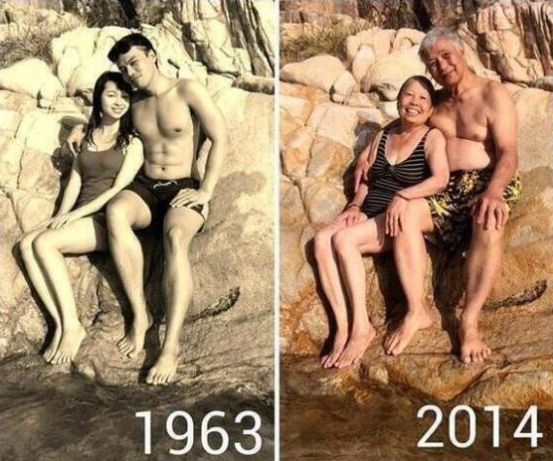by RUTH KIM
Twelve years after admitting to the abduction of 13 Japanese nationals in the 1970s and ’80s, North Korea is reportedly reopening a previously hampered investigation into the fates of the abductees.
“As a result of the Japan-North Korea talks, the North Korean side promised … that it will make a comprehensive and overall investigation into all the Japanese, including abduction victims and missing people whose possibility of being abducted cannot be ruled out,” said Japanese Prime Minister Shinzo Abe.
The two countries’ officials recently held talks in Stockholm. Abe called North Korea’s move the “first step” toward resolving the issue of the abductions, an affair that is not only a distressing subject to Japanese citizens but also a key factor in Japan’s political relations with North Korea.
In response to North Korea’s willingness to reopen the investigation, Japan plans to lift bilateral sanctions against the regime. After the special investigation committee is assembled and set up, Japan agreed to consider giving humanitarian aid to the secluded country “at an appropriate time,” according to the Korea Herald.
Tension has built up for years over this contentious, unresolved issue. Thirteen Japanese citizens were allegedly abducted by North Korean agents between 1970 and 1980, supposedly kidnapped in order to “school North Korean spies in Japanese language and customs, so the agents could more easily slip into Japanese society.” In 2002, five of the abductees and their children were allowed to return to Japan. North Korea stated that the other eight abductees had died of illnesses or natural causes, a claim, without any evidence provided and one that the Japanese refuse to believe as truth. And, although Pyongyang admitted to the abduction of 13 Japanese nationals, Japan maintains that there was a larger number of people that went missing during that time.
The most well-known profile of the eight abductees who allegedly died in North Korea is Megumi Yokota. She was only 13 years old when she was kidnapped by North Korean agents in 1977. While in North Korea, Yokota supposedly married a South Korean abductee with whom she had a daughter; however, she allegedly hanged herself shortly after in 1994, according to North Korean officials.
Inconsistency and perhaps blatant fabrication on North Korea’s part also add insult to injury. North Korea sent to Japan what was claimed to be Yokota’s cremated remains, but several DNA tests revealed that the remains contained another person’s DNA. Inconsistencies were also found in her death certificate, which first stated that the year of her death was 1993, which was then changed to 1994, after Japanese media reported that she was still alive in 1993.
A website titled “Abductions of Japanese Citizens by North Korea” lists a record of “points of contention with the North Korean position.” The website states that there have been “no ‘remains’ of the victims”, “no genuine documents” that prove the abductees’ deaths, and that North Korean explanations of the deaths are “unnatural,” “ambiguous” and contradictory.
The website further voiced, “Until this issue is resolved, there can be no normalization of relations with North Korea.” Prime Minister Abe also expressed a resolve to get to the bottom of the issue. “Our job will not end until every parent can embrace their children with their own arms,” he said. “We have tackled the problem with this determination and we hope that this will be the first step towards an overall solution.”
Photos via AP Yonhap and ReACHdc.net








